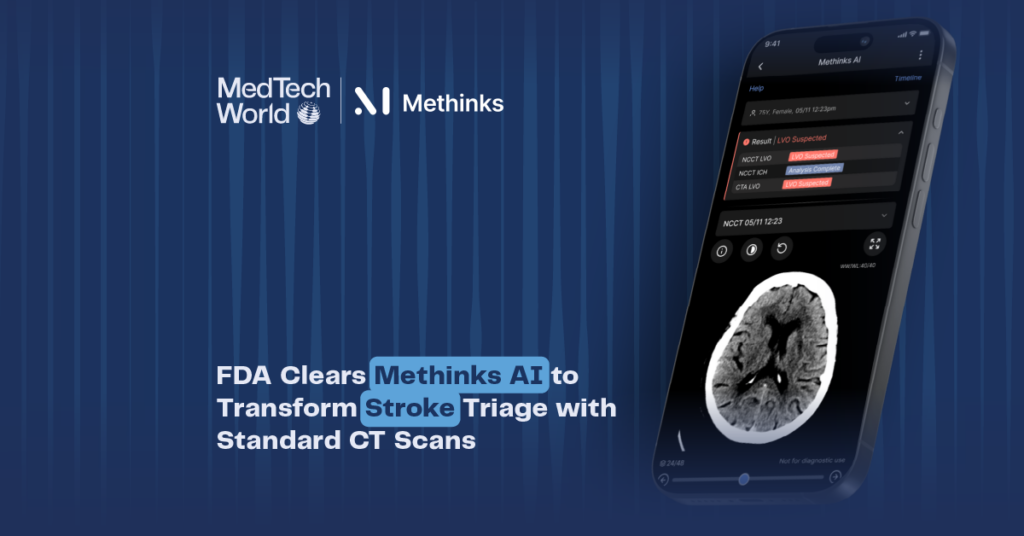
Matthew Calleja
12th January 2024
Navigating the EU Regulatory Landscape in 2024: Key Developments in MedTech
As we step into 2024, the MedTech industry finds itself at the crossroads of evolving regulations in the European Union (EU). Staying ahead of the curve is imperative for regulatory departments to ensure compliance and secure their products’ standing in the market. In this article, we shed light on the prominent regulatory changes anticipated in the coming year, focusing on three pivotal areas that will shape the MedTech landscape: the EU AI Act, updates to the Product Liability Directive, and crucial deadlines for legacy product extensions. Join us as we delve into the nuances of these regulatory shifts, offering insights into what MedTech professionals need to anticipate and adapt to in 2024.
EU Regulation: What to look out for the MedTech Industry in 2024
Being able to see what’s lying ahead is crucial for any regulatory department to ensure they remain compliant and maintain their product’s place on the market. Here are a few heavy hitters we anticipate this year.
EU AI Act
The EU’s Artificial Intelligence (AI) Act is set to be formally adopted in Q1 of 2024 and will likely begin to apply in 2026. Whilst medical devices which incorporate AI systems or AI software as a medical device (SaMD) must already meet strict requirements and obligations of the EU Medical Device Regulation (MDR), they will also need to consider this new legislation in order to place their products on the EU market.
If classified as a high-risk AI product, a designated Notified Body must be approached to conduct a conformity assessment with respect to the AI component as part of the overall MDR assessment. One key element of the AI Act is that manufacturers must ensure that the device output is transparent and explainable, with any limitations being communicated to its users.
Nevertheless, it is expected that where the MDR and AI Act overlap, compliance with the MDR will imply compliance with the AI Act. This means that companies will not need to prepare separate technical documentation but will be able to present one consolidated file taking into account the requirements of both texts.
Product Liability
The EU’s Product Liability Directive (PLD) is currently undergoing an extensive update in an attempt to keep up with newer technology and is expected to come into force in 2024. The proposed new PLD will have a significant impact on the medical device sector, particularly for AI-powered medical devices and SaMD in general.
Under the proposed changes seen, the definition of ‘defect’ is being expanded upon significantly and will now include cybersecurity risks and software updates. It also includes defects which may have arisen due to a lack of software updates.
One seemingly contentious issue is the proposed reduction of the “burden of proof” for certain claims which would allow courts to presume that a product is defective if the claimant can demonstrate that the product is the likely cause of damage. Since most claims are currently not granted on the grounds of causation, this will have a major impact on the medical device sector.
Legacy Product Extension Deadlines
For manufacturers wishing to retain their legacy device on the EU market, 2024 is a big year. By 26 May, manufacturers will need to have an MDR-compliant Quality Management System up and running. One way to go about this is to conduct an internal gap assessment against these new requirements which will demonstrate to your Notified Body that you have identified gaps in compliance and subsequently addressed them.
By then companies must also have submitted a formal application with a Notified Body for conformity assessment of their legacy device portfolio. By 26 September, there must be a signed written agreement in place between the two parties in order to remain eligible to continue placing their legacy devices on the market.
Eudamed
With the planned implementation of the EU Database on Medical Devices (Eudamed) being postponed, 2024 is no longer such a critical year for the database. However, we are expecting the finalisation of the development phase of the Devices, Certificates, Vigilance and Market Surveillance modules. Whilst it’s not yet mandatory to register devices through Eudamed there will surely be an influx of applications through the database as manufacturers get the hang of the system.
About the Author: Kenneth Shaw, Founder of Specculo
Meet Kenneth Shaw, the insightful mind behind this exploration of MedTech regulations. As the Founder of Specculo, a regulatory consulting firm with a distinctive approach, Kenneth is passionate about seeing his clients succeed. His commitment lies in demystifying the regulatory landscape, making compliance an achievable feat rather than an arduous task. With the vision of building an organization dedicated to genuinely assisting manufacturers and ensuring they reach their goals, Kenneth brings a unique perspective to the complex realm of MedTech regulations. Join him on this journey through the regulatory intricacies of 2024.
Hop aboard the Med-Tech World innovation train
In 2024, we’re kicking off in Dubai at the Intercontinental Dubai Festival City. Join us for engaging discussions, dynamic start-up pitches, and valuable investor insights. Secure your tickets now for this exclusive gathering in the vibrant city of Dubai.
Looking beyond, the Med-Tech World Summit is expanding its horizons with new events in Barcelona and Berlin, introducing fresh landscapes for the exchange of ideas and transformative developments in the dynamic field of medical technology.
Keen on staying at the forefront of healthcare innovation? Explore partnership opportunities with us as a Media Partner. 🤝 Join the Med-Tech World journey: Send us an email to [email protected]






